Learning to grow your own
Are you interested in growing your own fruit, learning, or refining, grafting skills or preserving heritage fruit varieties?
Watershed Landcare and the Heritage and Rare Fruit Network will be hosting a fruit tree grafting workshop in Mudgee in July.
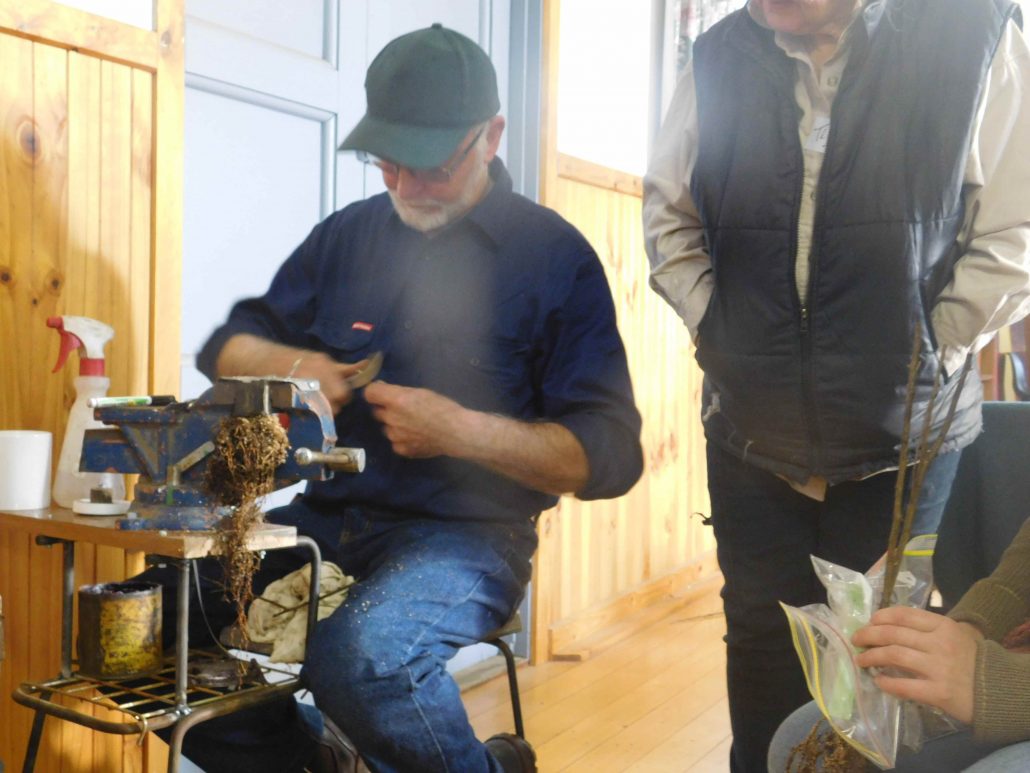 The Heritage and Rare Fruit Network has been conducting grafting workshops each year since 1990 with the aim of propagating and sharing heritage fruit trees which people of past generations cultivated as part of a more self-reliant lifestyle.
The Heritage and Rare Fruit Network has been conducting grafting workshops each year since 1990 with the aim of propagating and sharing heritage fruit trees which people of past generations cultivated as part of a more self-reliant lifestyle.
By preserving and propagating many locally adapted fruit trees in the district and sharing these important skills they hope to ensure that the heritage varieties of the past are preserved for future generations.
This is the last year that experienced grafter and lynchpin of the Heritage and Rare Fruit Network, Neil Barraclough, will be coming through the district and we are thrilled to have another opportunity to learn from his extensive knowledge and skills.
The workshop will teach participants grafting skills and cover topics such as orchard design, including techniques for selecting various rootstocks in order to produce trees in a wide range of sizes suited to a range of different situations.
Participants will also take home a free grafted rootstock with fruit scion (growing tip) of their choice.
Through it’s members the Heritage and Rare Fruit Network have access to a very wide range of fruit tree varieties and can provide varieties more suited to people’s needs, or varieties they can’t access anywhere else.
This is a fantastic opportunity to get your hands on some rare fruit varieties, often not available anywhere else.
The workshop will be held from 10am – 1:30pm on Saturday 22 July at Augustine Function Centre. Booking are essential as places are limited.
The cost for the workshop is $40 for Landcare members and $45 for non members and includes morning tea and lunch, grafting talks and demonstrations, and a free grafted fruit tree.
There’ll also be an opportunity to buy additional rootstocks and scions at close to wholesale prices.
For more information or to RSVP contact Agness Knapik, Watershed Landcare Coordinator, on 0435 055 493 or info@watershedlandcare.com.au.
This event is supported by Watershed Landcare and is a part of the NSW Government’s Local Landcare Coordinators Initiative, supported through the partnership of Local Land Services and Landcare NSW.

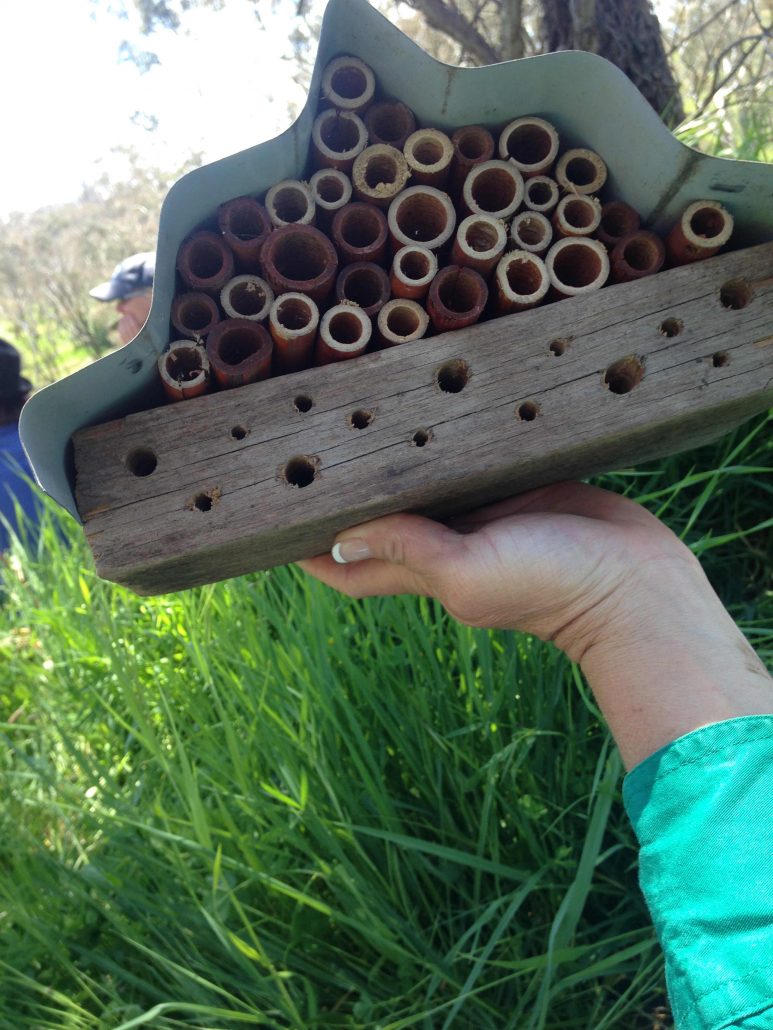
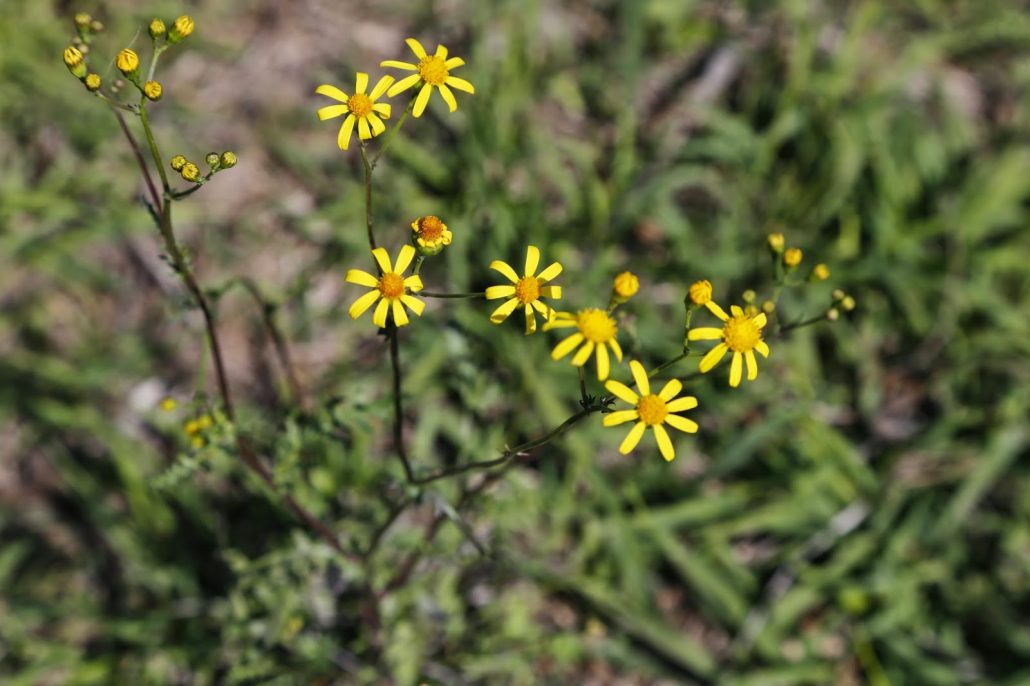
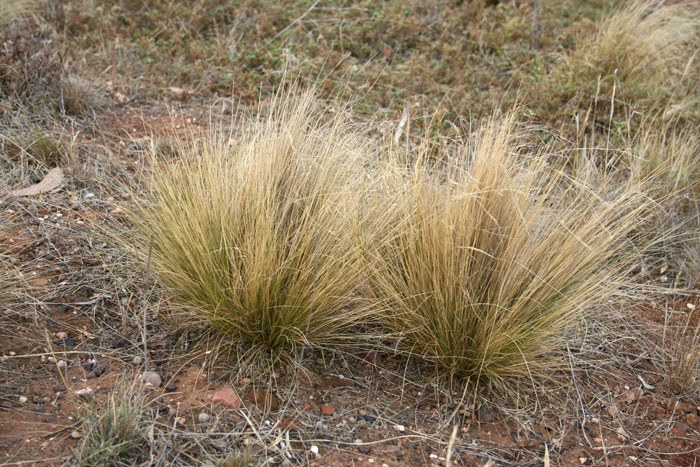
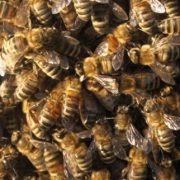 After a successful and booked our course earlier in the year, the Mudgee Bee Group have invited Bruce White OAM back to deliver another beekeeping course in August.
After a successful and booked our course earlier in the year, the Mudgee Bee Group have invited Bruce White OAM back to deliver another beekeeping course in August.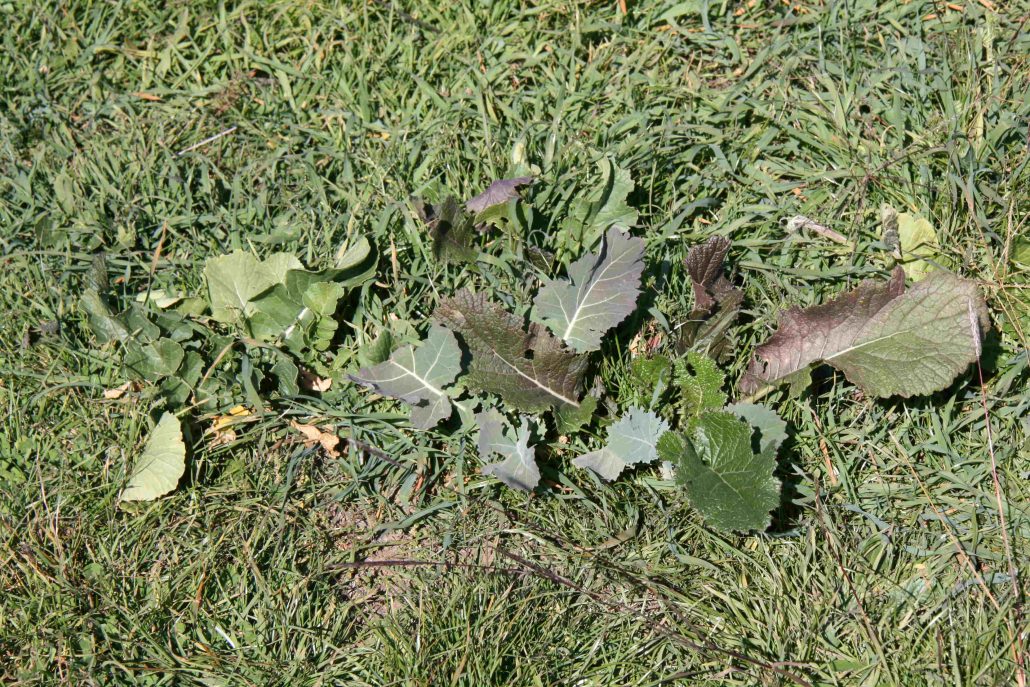
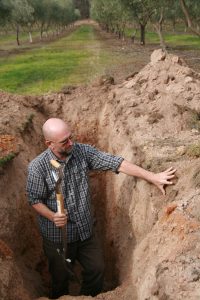 As part of the ‘Digging Deeper into Watershed Soils’ project local landholders had the opportunity to explore soil health issues within our region at a series of workshops held last week.
As part of the ‘Digging Deeper into Watershed Soils’ project local landholders had the opportunity to explore soil health issues within our region at a series of workshops held last week.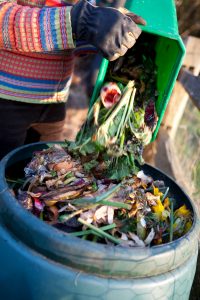 Did you know that each year, Australian households generate around 13 million tonnes of organic waste and that about half of that ends up in landfill?
Did you know that each year, Australian households generate around 13 million tonnes of organic waste and that about half of that ends up in landfill?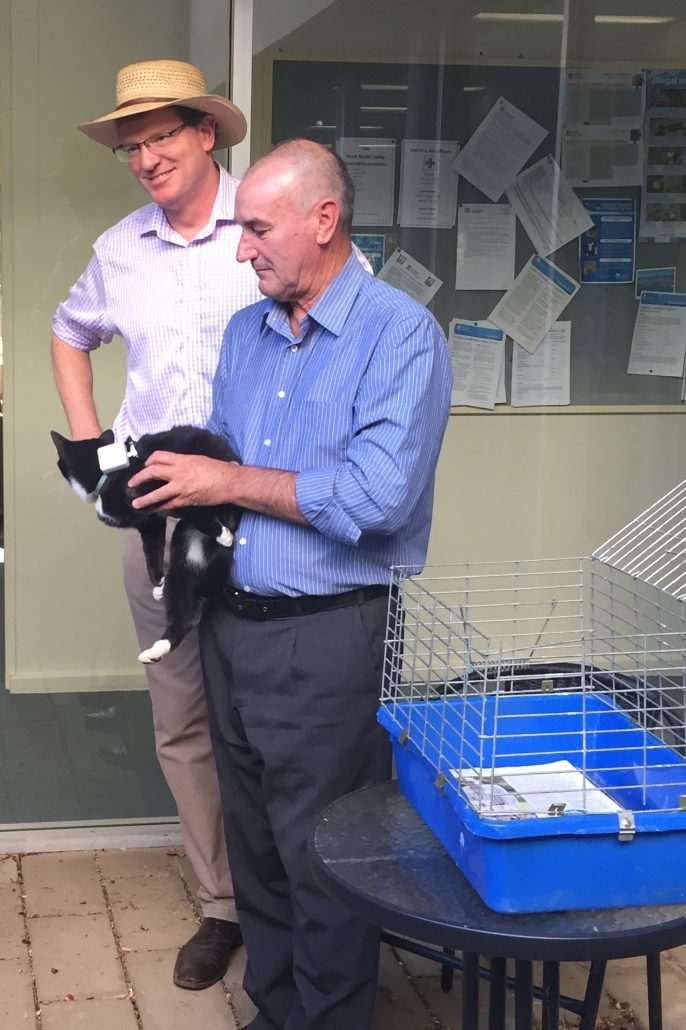

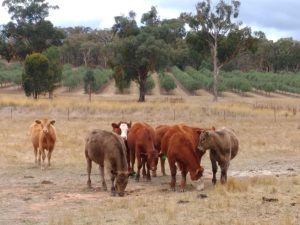 Then follow us out to the lovely Karrabool Olives on Botobolar Road where David Sargeant and Judy Rogers hope to reduce the runoff which is causing sheet and rill erosion through their olive grove. Here participants can get their hands dirty and learn how to construct small rock structures to slow and spread waterflow.
Then follow us out to the lovely Karrabool Olives on Botobolar Road where David Sargeant and Judy Rogers hope to reduce the runoff which is causing sheet and rill erosion through their olive grove. Here participants can get their hands dirty and learn how to construct small rock structures to slow and spread waterflow.